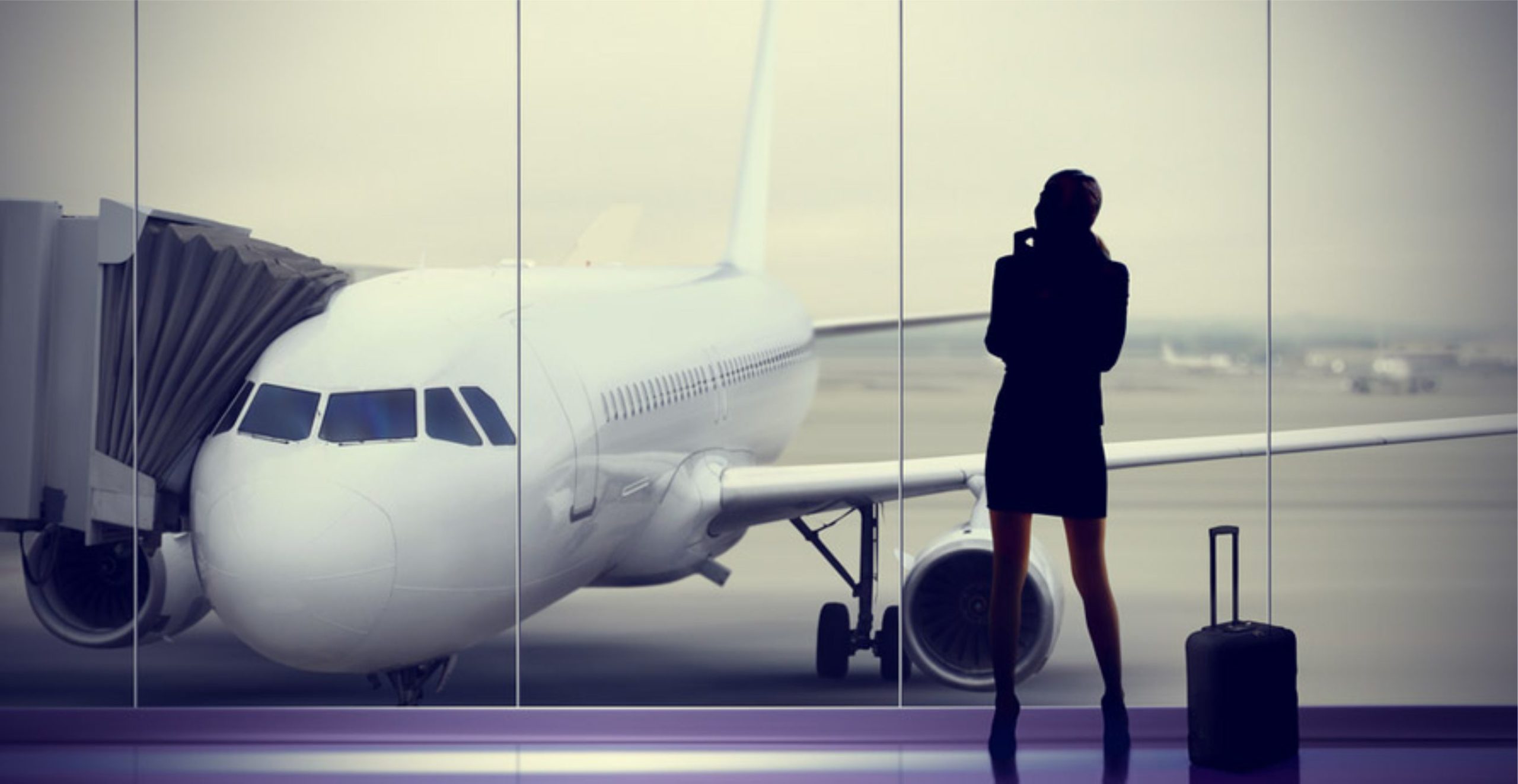What NOT to Eat at the Port Harcourt Airports

Port Harcourt International Airport, an international airport located in Omagwa, serves the city of Port Harcourt and most of the other neighboring cities like Aba. While there are not a lot of restaurants at the airport compare to Murtala Mohammed Airport, Lagos for instance, some outlets, including Genesis, sells meals to travelers. The airport dining options are rather limited; outlets mostly offer meals like a fatty fast food burger, extra spicy soups, greasy rice, assorted fries, fizzy drinks and alcohol.
While these gut-busting greasy meals, alcohol and carbonation can be appetizing to the taste buds, it is best to avoid them as they could ruin your entire tip in worse ways that a dreadful in-flight show or space-invading neighbor. If you plan on travelling via Port Harcourt airports, Jumia Travel, Africa’s No.1 online hotel booking site has a list of what not to eat.
1. Chicken and chips
Chicken and chips is the most popular choice of all the fast food joints for travelers at any airport. On a normal day, the body’s digestive system does not favor foods laden with sodium and saturated fats, so digestion at 37,000 feet will be even more problematic. No matter how strongly the smell of fries wafting from airport food stands might beckon, eating a pre-flight meal high in saturated fats from fried chicken and chips, and a confined airline seat, is probably a combination best avoided. The fats and oils in fries can cause heartburn and also lead to fluid retention, which in turn, can cause your feet to swell on the flight. It is common sense to avoid these culprits at the airport.
2. Fizzy drinks
Coke, Sprite and Fanta are common drinks at the various eateries at the airport. While these soft drinks are the perfect complement to your meal, it can end up making your flight very uncomfortable. Carbonated beverages contribute to bloating, cramping and flatulence, and inadvertently lead to excessive belching, farting and even heartburn. Also, they contain caffeine which will keep you from napping and have a diuretic effect on your system.
3. Alcohol
It is certainly not harmful to have one alcoholic beverage at one of the bars at the airport, especially if you have flying jitters, as long as it is kept within moderation and not taken on an empty stomach. However, aside from the fact that it could prompt social/behavioral issues, alcohol can have a dehydrating effect, which only worsens on the flight as flying in itself has a dehydrating effect on the body. In addition, beer as well can be gas-inducing, and a stiff drink or two can leave you with dragon breath. If insist on a pre-flight drink routine, counter the effect of the booze by drinking plenty of water.
4. Beans and other gas-inducing foods
Gas troubles (including farting, belching, bloating and flatulence) can surpass questions of personal distress or public decorum. Avoid anything that can cause excess gas to build up in your stomach. Beans of all kinds: baked beans on the breakfast menu, as well as porridge beans at village kitchen, are major gas-inducing culprits. Other foods include refined grains, cabbage, onions, eggs etc. It is smart to avoid foods that encourage intestinal expansion, as the nature of the pressurized airplane cabin promotes further bloating.
5. Local foods (Mama Put)
The food in the airport is usually expensive and sometimes overpriced, so sometimes, travelers fall into the temptation of stepping to street bukkas and local kiosks for meals. It may be convenient, but it’s often risky to purchase food from street vendors. These street vendors are not NAFDAC approved and you cannot be sure of how hygienic the food might be. There is a chance you might get food poisoning or the food might have been prepared with an ingredient that does not suit your body system, resulting to vomiting or excessive stooling which creates discomfort on the flight.
